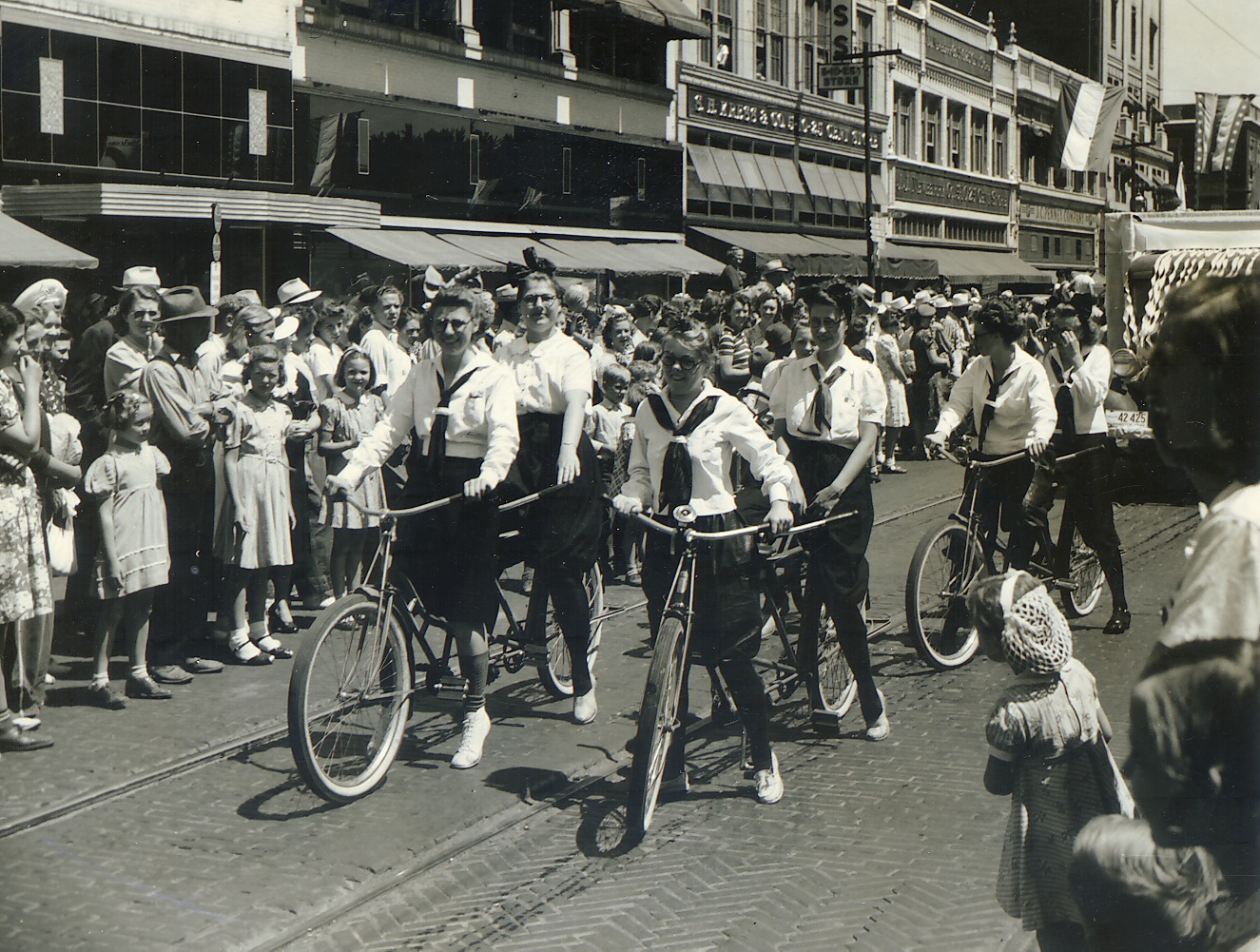If you've been reading this blog for a while, you know that one of my passions is for poetry. I love it as much as I love cycling. Well, maybe I love them equally.
(Does that sound like what we say about our "significant others"? I love you even more than my bike...he said with crossed fingers.)
Anyway, I've been reading and writing poetry for a long time. One thing I haven't done in a long time, though, is to write a haiku. In fact, I'm certain that I've never written one: I mimicked the structure, but did not capture the essence of, the iconic Japanese mode.
That doesn't mean, though, that I'll try to stop others from doing the 17syllable/3 lines thing, even if it's in the service of capitalism--or the bike business, anyway:
(Does that sound like what we say about our "significant others"? I love you even more than my bike...he said with crossed fingers.)
Anyway, I've been reading and writing poetry for a long time. One thing I haven't done in a long time, though, is to write a haiku. In fact, I'm certain that I've never written one: I mimicked the structure, but did not capture the essence of, the iconic Japanese mode.
That doesn't mean, though, that I'll try to stop others from doing the 17syllable/3 lines thing, even if it's in the service of capitalism--or the bike business, anyway:
On the YouTube page for this video, Clever Cycles, the company that posted it, invited viewers to ponder this eternal question: "Who says poetry doesn't pay?"
Hmm...Maybe I should start writing Black Friday haiku, even if it seems almost oxymoronic.
Happy Black Friday...hmm, that seems pretty oxymoronic, too!
















